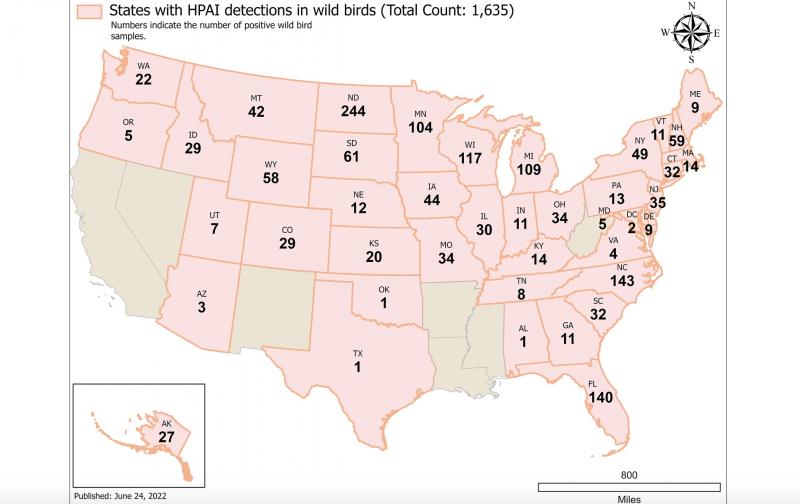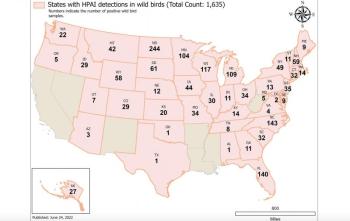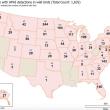Avian flu: Maine IF&W urges public not to touch or transport birds appearing sick, injured
The Northeast is currently experiencing an outbreak of Highly Pathogen Avian Influenza, and the Maine Dept. of Inland Fisheries and Wildlife is reminding the public not to pick up dead or sick birds.
“Recently we have received a number of reports of dead or dying birds on coastal beaches believed to be a result of the virus,” said IF&W, in a June 24 news release. “At this time we ask that you do not touch or remove any dead or dying birds that you encounter on beaches or other public property. Officials are aware of the issue and will work to remove them as quickly as possible.”
Birds that appear to be sick or injured should be left alone. The National Wildlife Disease Program recommends not handling deceased or injured wildlife.
“PLEASE DO NOT transport birds that appear to be sick or injured to any rehab facility as it may further spread the virus,” said IF&W.
Birds found dead on private land and/or beaches can be removed by the homeowner at their discretion. If removed, we are encouraging the use of masks and gloves when doing so. The dead bird should be buried or can be bagged and placed into the trash. Sick acting birds should be left alone.
If an eagle is found, call Maine Police dispatch at 207-624-7076.
Avian flu viruses normally spread among wild water birds, like ducks and geese. These viruses can spread to domestic poultry, like chickens, ducks, geese, and guinea hens.
Avian flu viruses do not normally make humans sick but human infections with avian flu viruses have occurred. People who have regular contact with poultry or wild birds are most at risk.
























